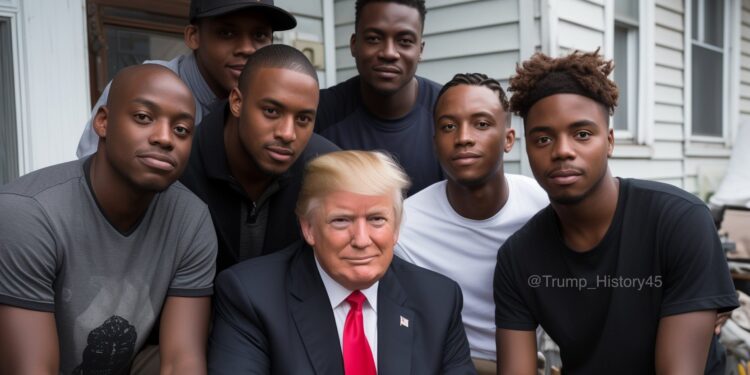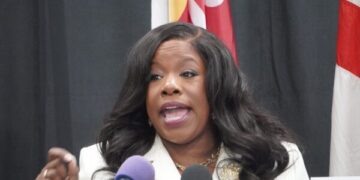PHOENIX (AZFamily) — Political analysts are delving into the factors behind Donald Trump’s decisive victory in the 2024 election. A closer look reveals Trump’s stronger-than-expected performance among several key demographic groups.
A recent poll, utilizing artificial intelligence, sheds light on why Black, Latino, young, and independent voters supported Trump in greater numbers compared to 2020. These shifts, according to CloudResearch’s Chief Research Officer Leib Litman, explain why pre-election polls underestimate Trump’s support for the third consecutive election cycle.
While the polls accurately predicted Vice President Kamala Harris’ national support within 0.5%, they underestimated Trump’s national support by 3.8%, according to CloudResearch’s analysis. In the seven battleground states, the Trump polling error ranged from 2.1% to 3.7%.
In 2024, Trump saw an 8-point increase among voters aged 18 to 29, securing 46% compared to 36% in 2020. Among independent voters, he gained 45%, up from 41%; among Hispanic voters, 42%, up from 35%; and among Black voters, 16%, doubling his 2020 figure of 8%, based on CloudResearch’s review of data from AP VoteCast and Reuters.
CloudResearch used an AI chatbot system, Engage, to conduct conversational surveys with 565 Trump supporters, revealing insights into their motivations. Across all demographics, Trump’s stances on the economy and immigration emerged as the primary reasons for voter support, though other factors varied by group.
For Black voters, 32% pointed to Trump’s personality and leadership style as reasons for their support, while 29% emphasized his conservative views. Additionally, many respondents appreciated his opposition to “radical” positions on transgender issues, a central theme of his campaign’s messaging.
The Trump campaign spent over $200 million on ads targeting Harris, focusing on her previous support for gender-affirming care for inmates. In October, the campaign allocated more funds to an ad claiming “Kamala’s agenda is they/them” than to any other.
These ads aligned with the survey’s findings, where 64% of Black voters cited policy disagreements as their reason for opposing Harris, and 27% criticized her focus on identity politics. “I think the overwhelming theme across all these groups is that they didn’t like progressive politics,” Litman noted.
Hispanic, young, and independent voters expressed concerns about Harris’ authenticity, with 49% of Hispanics, 47% of independents, and 43% of young voters citing doubts about her sincerity and policy clarity. “They specifically mentioned things like a lack of clear policy positions,” Litman said. “That was a theme that remained constant.”
However, authenticity concerns did not resonate with Black voters. A 40-year-old Black woman explained her support for Trump during an Engage conversation, stating, “For me, this election has nothing to do with race or gender. This race had everything to do with good versus evil.”
The findings underscore the complex motivations driving voter behavior and highlight Trump’s ability to capitalize on shifting demographics to secure a significant electoral victory. Source: AZ Family

















